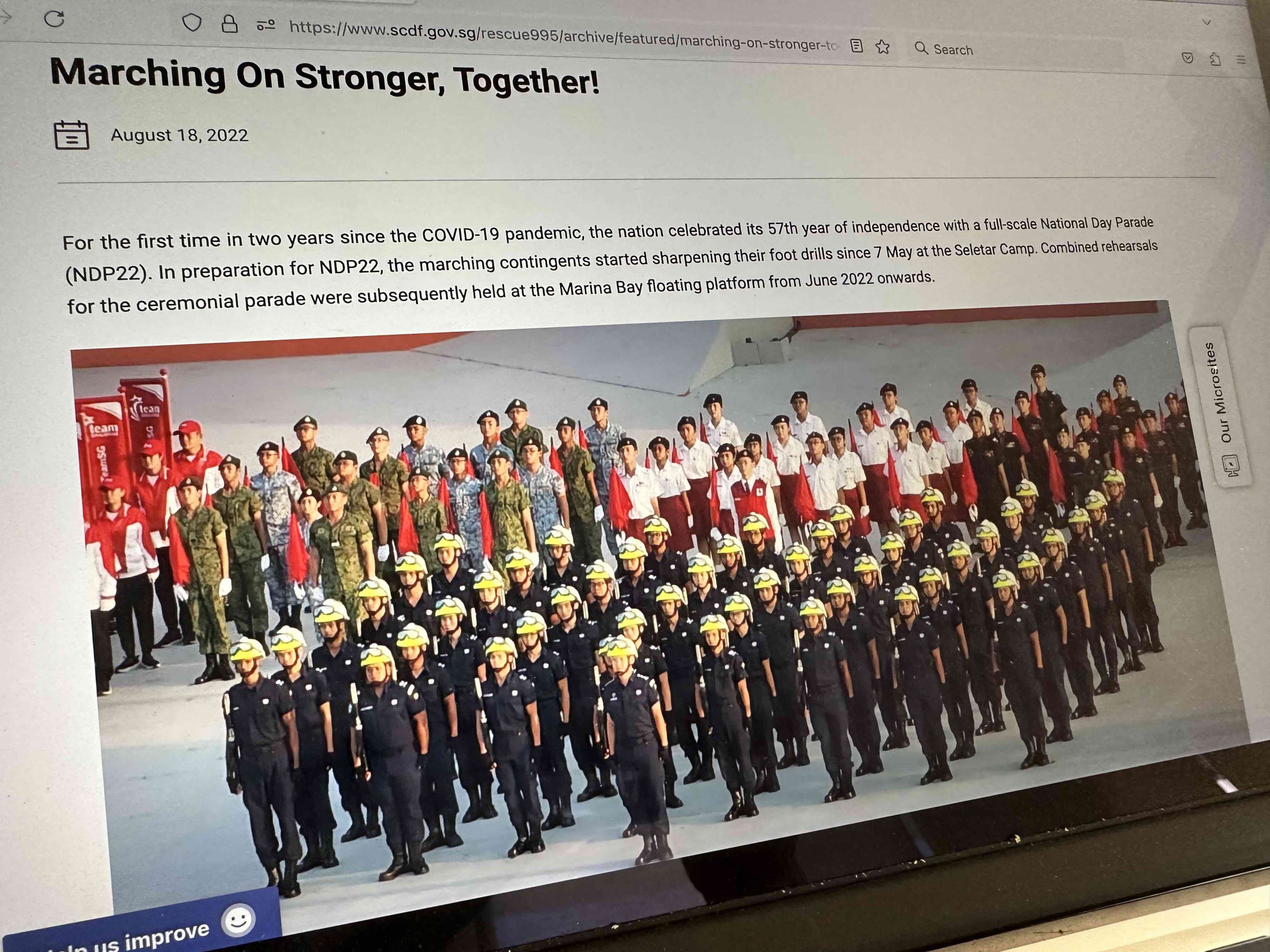
Addressing mental well-being is of utmost importance for our dedicated personnel in uniformed groups. As we strive to support their overall health and resilience, one innovative solution that merits consideration is Emotion Recognition AI software. This technology has the potential to revolutionize mental health support within these organizations, offering a range of benefits that cannot be overlooked. Let’s explore how Emotion AI can play a transformative role in safeguarding the well-being of our uniformed officers.
1. Early Detection of Mental Health Issues:
Emotion Recognition AI excels at analyzing facial expressions, voice tones, and behavioral cues, which can help identify signs of emotional distress, stress, or anxiety during these regular interviews. By conducting assessments using this technology on a monthly basis, potential mental health issues can be detected early, enabling timely intervention and support for those in need.
2. Objective and Non-Intrusive Assessment:
The AI-powered system provides an objective evaluation of an individual’s emotional state without causing discomfort or intrusion during these private sessions. This impartial approach fosters a more open and accepting environment, encouraging personnel to seek help without fear of judgment.
3. Reduced Stigma:
Incorporating AI software as a standard practice for mental health assessments during monthly interviews normalizes discussions about mental well-being within uniformed groups. This can play a significant role in reducing the stigma surrounding mental health issues and encouraging individuals to address their concerns proactively.
4. Enhanced Support Services:
The data gathered by the Emotion Recognition AI can be used to tailor mental health support services to the specific needs of personnel, based on the emotional trends identified during these regular interactions. This personalized approach can lead to more effective counseling and interventions, addressing individual concerns more efficiently.
5. Preventive Measures for Officer Well-being:
Given the unique challenges and stressors faced by law enforcement and other uniformed personnel, Emotion Recognition AI can help commanders identify potential triggers or stress factors during monthly interviews. This valuable insight can pave the way for the development of preventive measures to safeguard officer well-being.
6. Improved Organizational Culture:
Prioritizing mental health within uniformed groups sends a strong message about the government’s commitment to the well-being of its personnel during these regular sessions. This, in turn, can contribute to fostering a healthier and more supportive organizational culture, where mental health is given the attention it deserves.
7. Cost-Effective and Scalable Solution:
Emotion Recognition AI technology offers a cost-effective and scalable solution capable of being implemented during regular monthly interviews. This means that mental health support can be extended widely across the uniformed groups, providing assistance to those who need it most during these crucial interactions.
Furthermore, the capability of the Emotion AI software to record all interviews and track the emotional states of interviewees over time introduces additional benefits:
1. Longitudinal Monitoring and Evaluation:
The recorded interviews enable a comprehensive evaluation of an interviewee’s mental health progress over time, specifically during regular monthly interviews. This longitudinal monitoring provides valuable insights into an individual’s emotional well-being, guiding the support and interventions provided.
2. Performance Audit and Quality Assurance:
The recorded interviews serve as a powerful tool for performance audit and quality assurance within the uniformed groups during these monthly interactions. Supervisors and higher command can review interactions to ensure effective and sensitive assessments.
3. Investigative Purposes:
In unfortunate incidents, the recorded interviews become crucial for investigations, especially during regular monthly interviews. They offer an unbiased and standardized account of an individual’s emotional state and the support they received, providing insights into potential contributing factors.
4. Continuous Improvement and Training:
The recorded interviews can be utilized for training purposes, enhancing the skills of mental health professionals and interviewers in identifying emotional cues and providing appropriate support during these routine sessions.
5. Legal and Ethical Considerations:
The use of Emotion AI software ensures transparency and adherence to ethical standards during regular monthly interviews. Interviewees are informed about the recording process, and their consent is obtained, safeguarding their privacy rights.
We firmly believe that the implementation of Emotion Recognition AI software during regular monthly interviews and the utilization of its features to record and evaluate interactions can significantly strengthen mental health support within any uniformed groups. By prioritizing mental well-being and leveraging technology for early detection and continuous improvement, we can create a safer and more caring environment for our dedicated officers and personnel.




